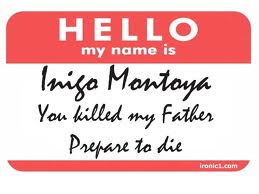by Catherine L. Tully

Every year I do something that helps move my career forward during the holidays…
I market myself.
This means reaching out to people to touch base, getting my contacts organized, sending out some new feelers and other strategies designed to both keep me working and find new jobs. Here are some great things you can do to stay on top of things for 2013:
- Send holiday cards. Sending out a simple holiday greeting is a great way to remind editors you are out there. Touch base and write a short note in the card. It’s good business.
- Organize your address book. Add contacts that you should have in there and delete old e-mail addresses.
- Research places to send an outreach e-mail to in the NY. Get an Excel document going with names and e-mails of people that you would like to reach out to for work in the New Year. Don’t send these e-mails over the holidays–they’ll probably never see light…but do get ready for your marketing push in January.
- Look for reprint options. Sift through any articles you sold in 2012 and see if you can re-slant them for another publication in 2013.
- Do your tax prep. I’d advise using an accountant, but no matter what you do for taxes, you’ll need to organize your receipts. Get it done while things are quiet and you’ll be thanking yourself in April. Believe me.
- Network. Arm yourself with business cards for all of the holiday parties that you will be attending and pass them out like crazy. You just never know when someone will need a writer.
Do you have any good tactics for marketing yourself during the holidays? If so, we’d love to hear from you!

 By Jake Poinier
By Jake Poinier